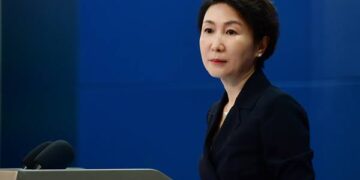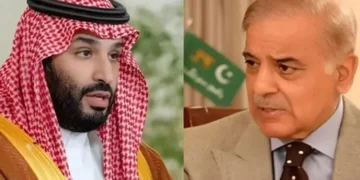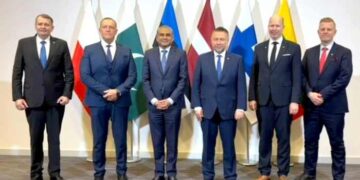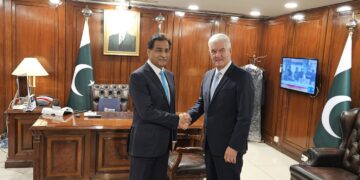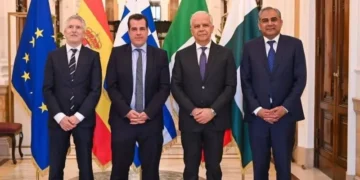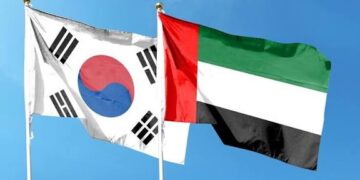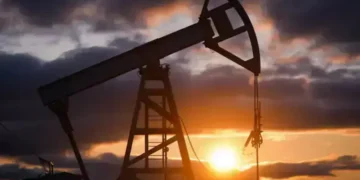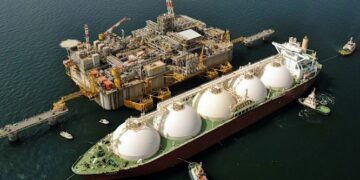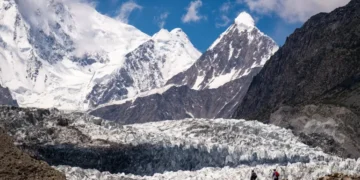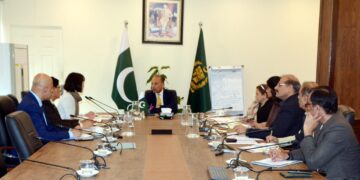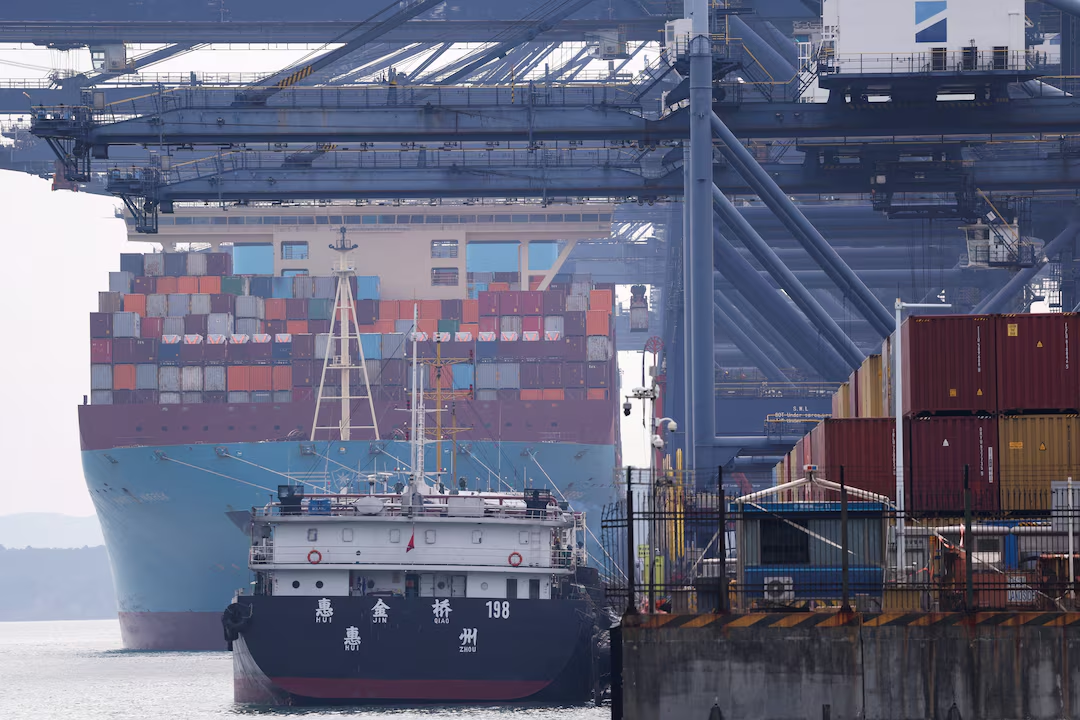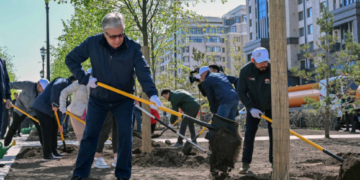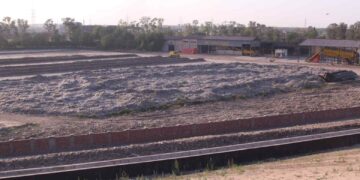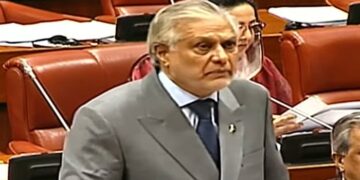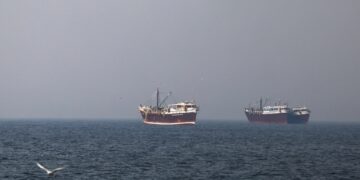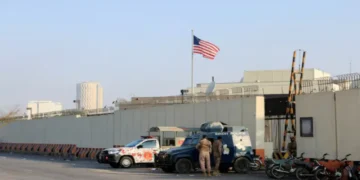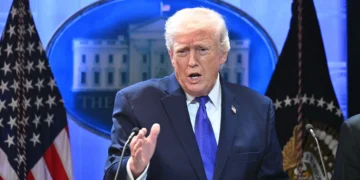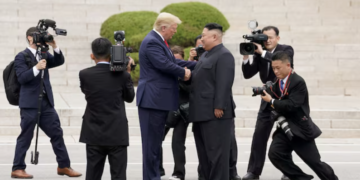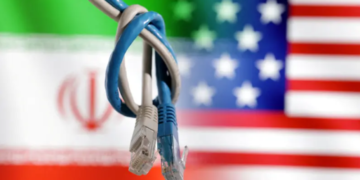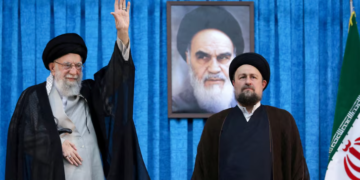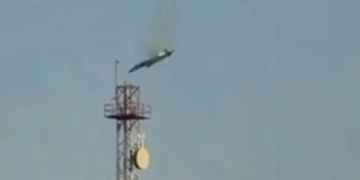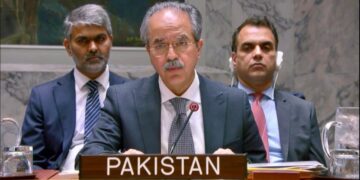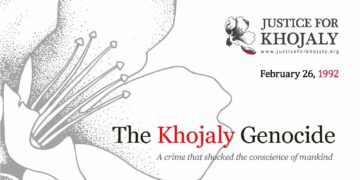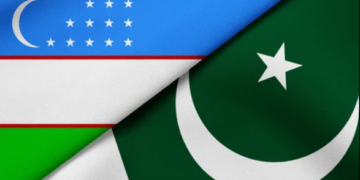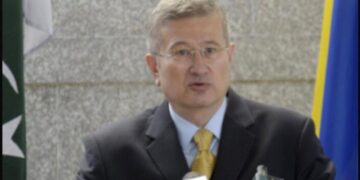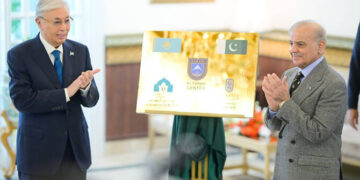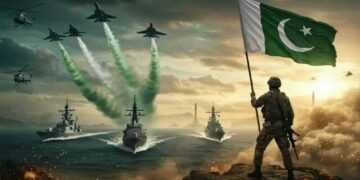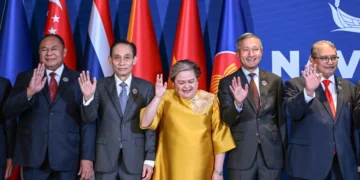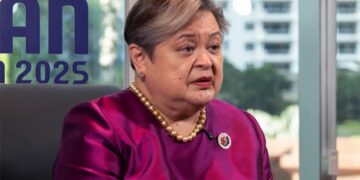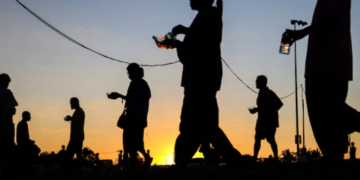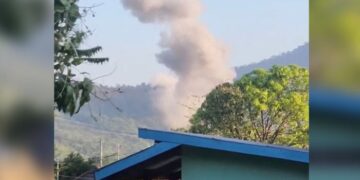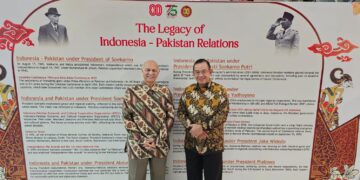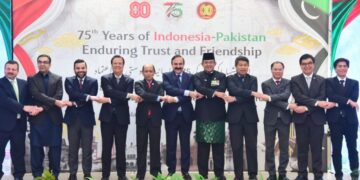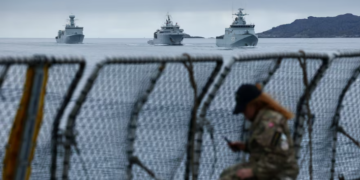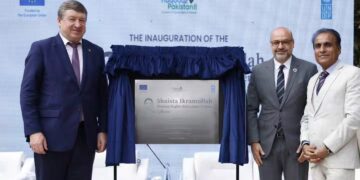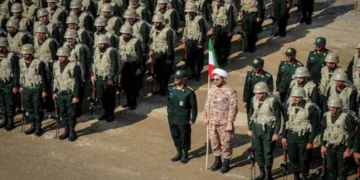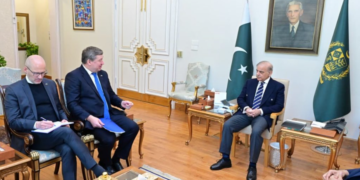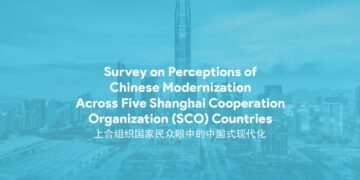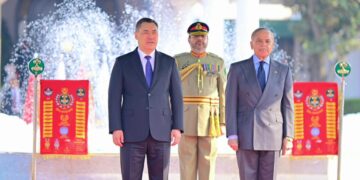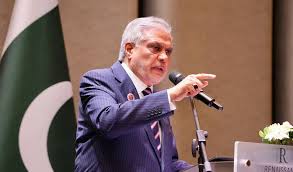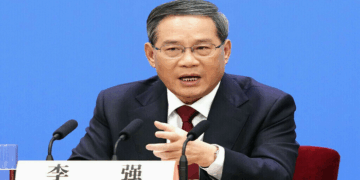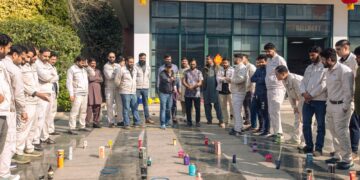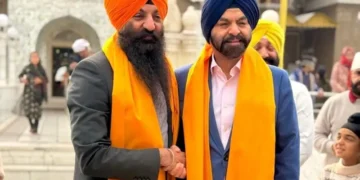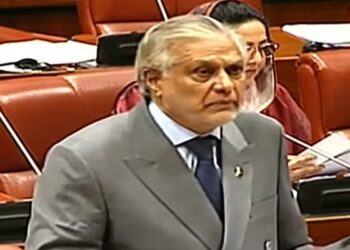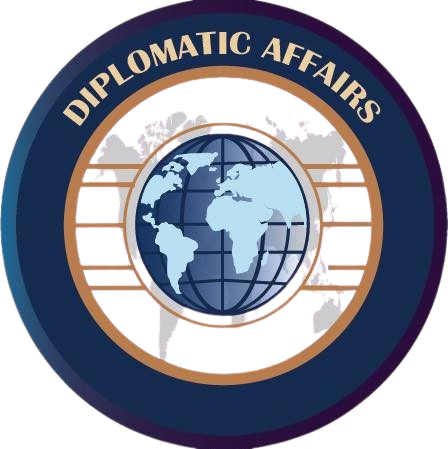Ufaz Daniel (Student of Bahria University)
The Attention of the world is fleeting with the issues like wars in Ukraine and Gaza, and also the issues of climate change these dominate headlines by pushing other issues out of headlines. But another serious challenge world cannot ignore is the issue of Iran’s accelerating nuclear program. Allowing this challenge to slip down the international agenda risks not only regional instability but also a major blow to the global non-proliferation regime.
A Growing nuclear Reactivity:
In recent years the Iran has increased its uranium enrichment capacity far beyond its limits which was set by 2015 JCPOA (Joint comprehensive plan of action). According to IAEA, Tehran has taken its uranium enrichment close to weapons grade. While Iran insists its nuclear ambitions are peaceful, the speed and scope of its program raise alarm bells. This is not a distant threat; it is an unfolding reality with implications for global security.
Why the World Cannot Look Away:
First ignoring Iran nuclear trajectory is a risk If Iran reaches nuclear weapon capacities the regional arms race might start, and countries like Saudi Arabia, Turkey and Egypt could pursue their own nuclear programs. A nuclearized Middle East, already wracked by wars and rivalries, would be a nightmare scenario.
Second Iran’s nuclear advances undermine decades of painstaking efforts to uphold the global nonproliferation order. The Nuclear Non-Proliferation Treaty (NPT) relies on credibility. If one country successfully erodes its restrictions without consequence, others may follow suit. The cost is not just regional but global, striking at the heart of international security.
Third if Iran’s nuclear program is not controlled, it will give the country more power in its regional strategy. Iran already has influence through allied groups in Lebanon, Syria, Iraq, and Yemen. Having nuclear ability even without building a bomb would give Iran more confidence to expand its actions in the region and make diplomacy much harder.
Iran’s Own Dilemma:
For Iran itself the nuclear program has always been a double edged sword. The country has poured billions of dollars into it and employed tens of thousands of people. Yet instead of bringing economic benefits the program has brought crippling sanctions and deep political isolation. Many Iranians and observers abroad wonder why Tehran insists on continuing a program that could have been avoided by simply buying nuclear fuel on the world market. The answer lies in Iran’s strategy of staying just short of building a bomb. Its leaders believe that developing the capability to quickly assemble a nuclear weapon, without actually crossing the line, gives them leverage and deters enemies. This nuclear hedge is seen as a shield against threats from Israel or even the United States, both of which have openly discussed military options. For Iran the high costs are justified by the belief that a near-nuclear status strengthens its security even if it stops short of actual weaponization.
International Engagement: Beyond Confrontation:
Reactions to Iran’s nuclear program have not been uniform. While some voices warn that any military strike against Iran could ignite wider regional conflict others argue that groups like Hezbollah often assumed to retaliate on Iran’s behalf have their own domestic limits and cannot simply act as Tehran’s deterrent. This highlights the complexity of relying on military threats as a solution. Instead many experts stress that dialogue remains the most effective path forward, even if it is politically difficult. In both the U.S. and Canada leaders face strong domestic pressure against engaging directly with Iran. Yet without constructive diplomacy the cycle of confrontation will only deepen. Indeed, both Washington and Ottawa alongside allies have worked to build a consensus driven diplomatic approach rather than pursue open conflict.
Canada’s experience shows how wider issues can shape relations with Iran. The case of Zahra Kazemi an Iranian-Canadian journalist who died in Iranian custody became a symbol of human rights abuses. For Canada this was not only about one tragic death it was about drawing a line in diplomacy. Standing firm on such cases can reassure Iranian-Canadians that their government will protect them, while also signaling to Tehran that human rights cannot be ignored. At the same time, some argue that Canada could save more lives by easing restrictions on aircraft parts since Iran has one of the world’s worst aviation safety records due to sanctions. This tension shows how human rights, sanctions, and security are deeply intertwined in shaping the broader international response to Iran.
Policy implications:
Policymakers must reinvest in the diplomacy with enhanced and sharper tools, because the international community cannot complacency. Reviving diplomacy does not mean returning to JCPOA but instead making frameworks which are more durable and addresses Iran’s both enrichment levels and Iran’s regional activities. Sanctions remain a lever but they must be paired with incentives that make compliance more attractive than defiance.
The recent thaw between Iran and Saudi Arabia are brokered by China which tells that diplomacy and negotiation is possible between countries which are rival, So the equally important countries should be brought in fold. Multilateral engagement supported by both Western and non Western powers will be essential to preventing escalation.
The Cost of Silence:
Iran nuclear program is a trajectory which cannot be ignored because it has the potential to reshape the global security landscape the world is unprepared to handle. Iran nuclear program is not an abstract concern to diplomats alone. The choice facing policymakers is clear: confront the challenge now with diplomacy and strategy, or face a future in which nuclear competition in the Middle East becomes the new normal.
Sources:
Soushiant Zanganehpour and Wade L. Huntley, eds. Iran in the World: The Nuclear Crisis in Context. Vancouver: Simon Fraser University, 2008.
Simons Centre for Disarmament and Non-Proliferation Research. Research Reports and Policy Briefs on Nuclear Issues. Vancouver, BC: Liu Institute for Global Issues, University of British Columbia.
Xiaoning Huang. The Iranian Nuclear Issue and Regional Security: Dilemmas, Responses and the Future. Sabbatical Leave Report. Department of Political Affairs, Middle East and West Asia Division, 2010.
Kelsey Davenport. “Iran’s Nuclear Program: Timeline and Policy Options.” Arms Control Association. Updated June 2025. https://www.armscontrol.org.

